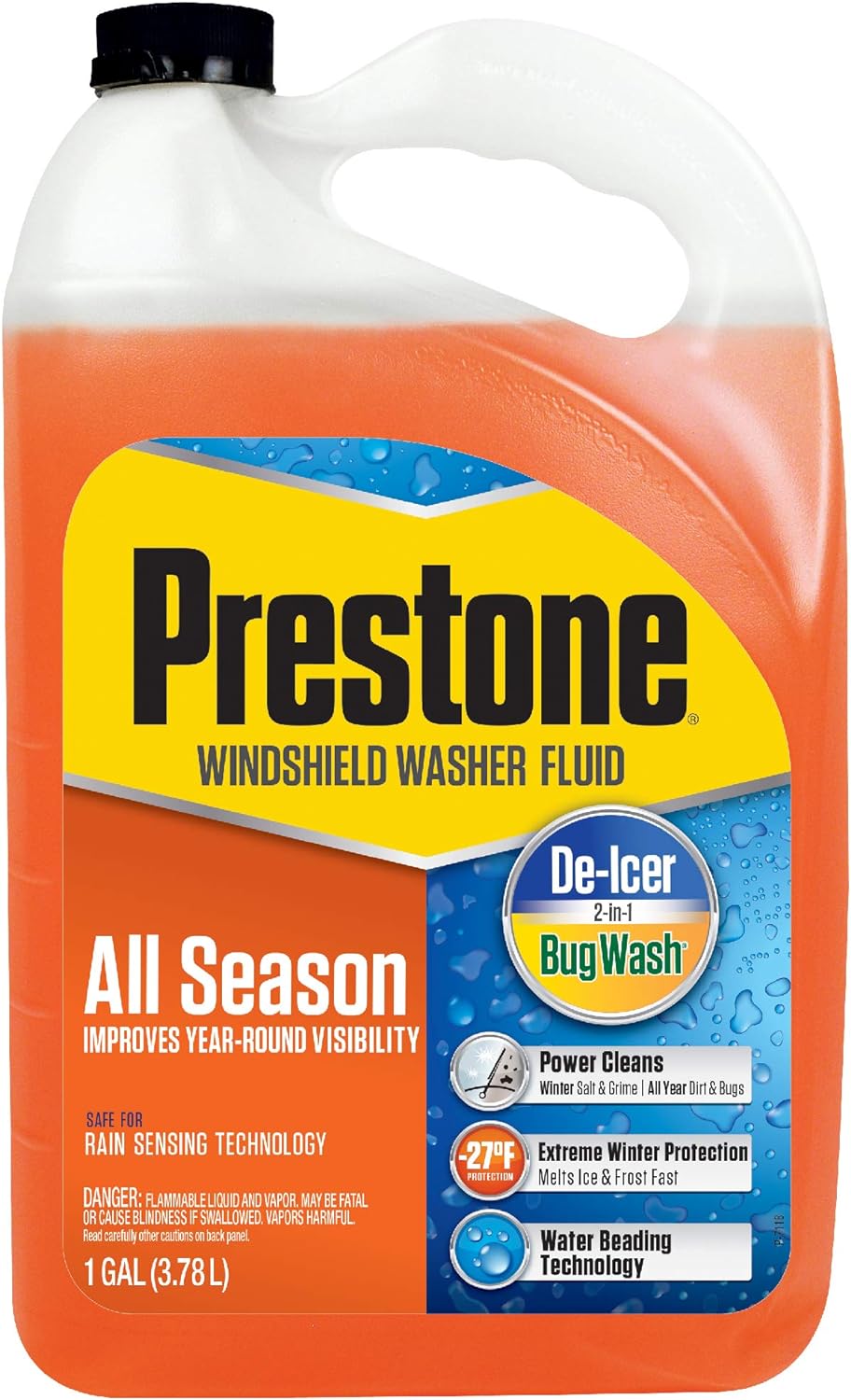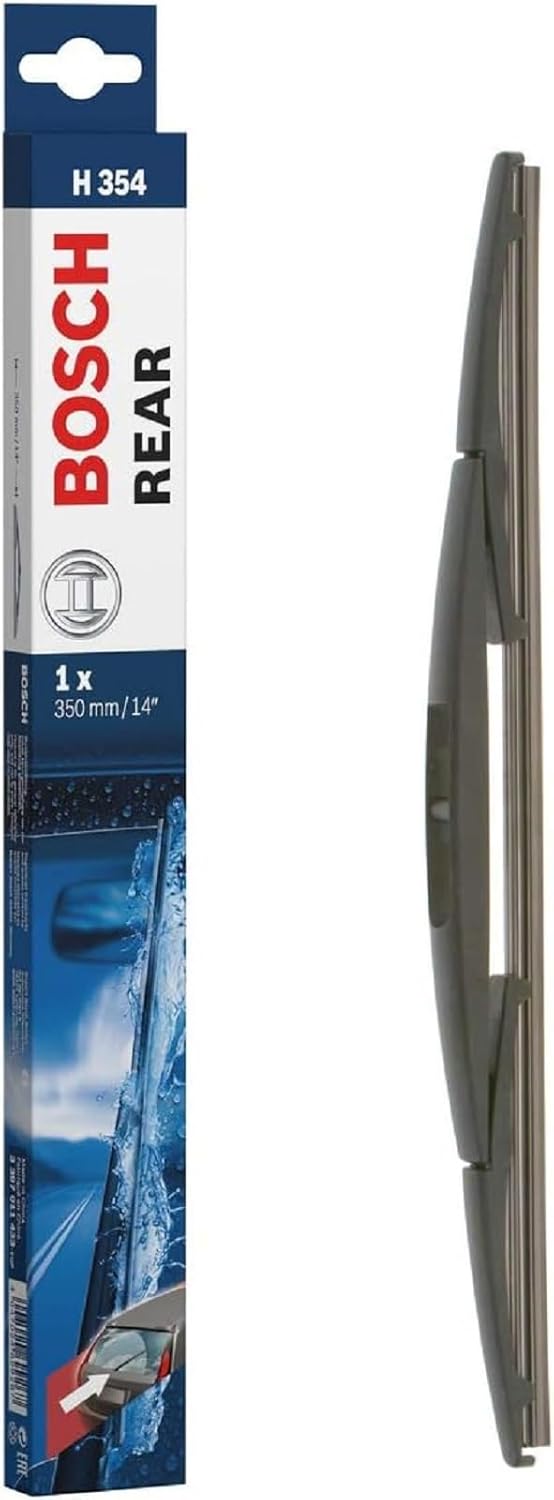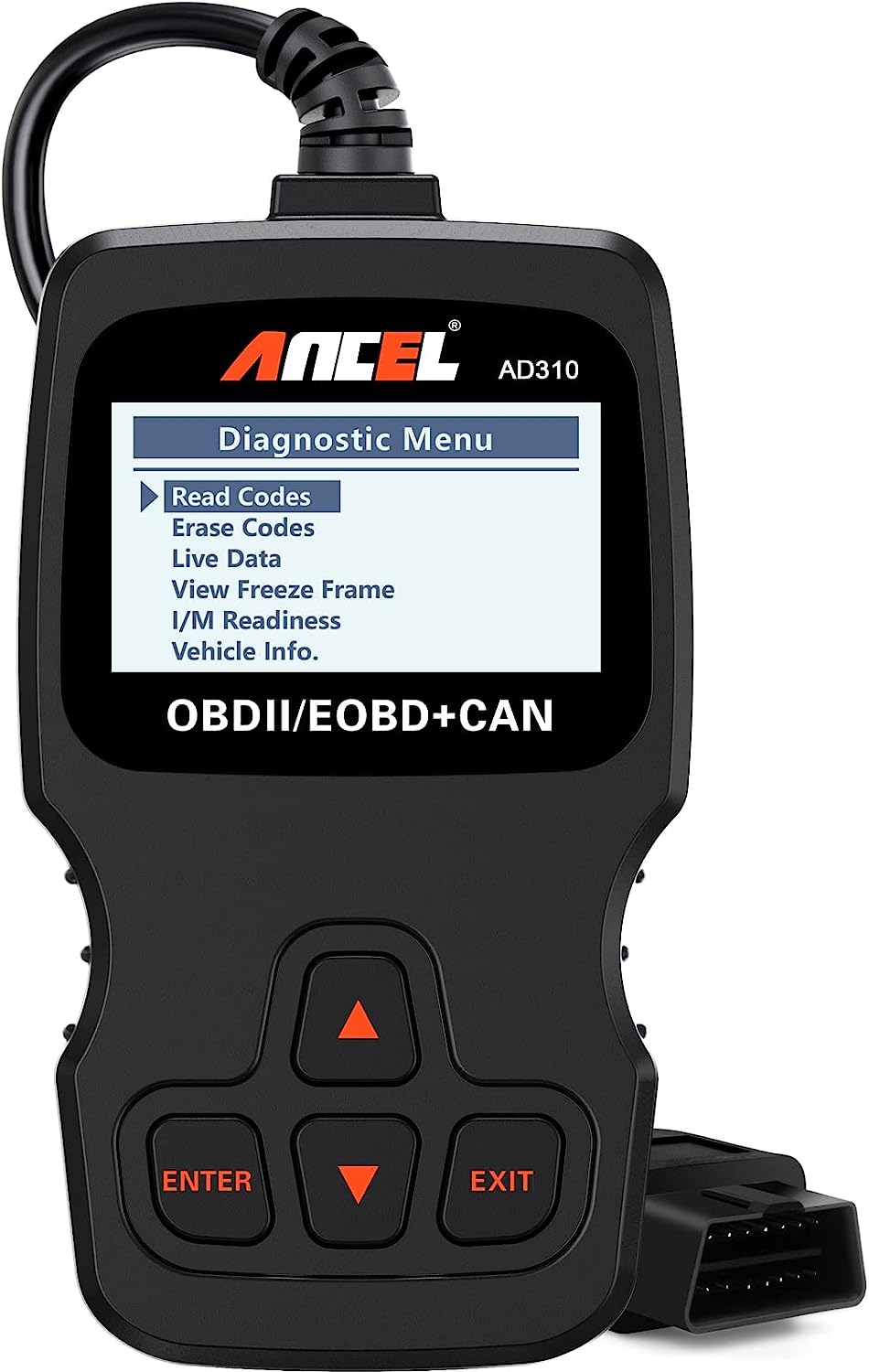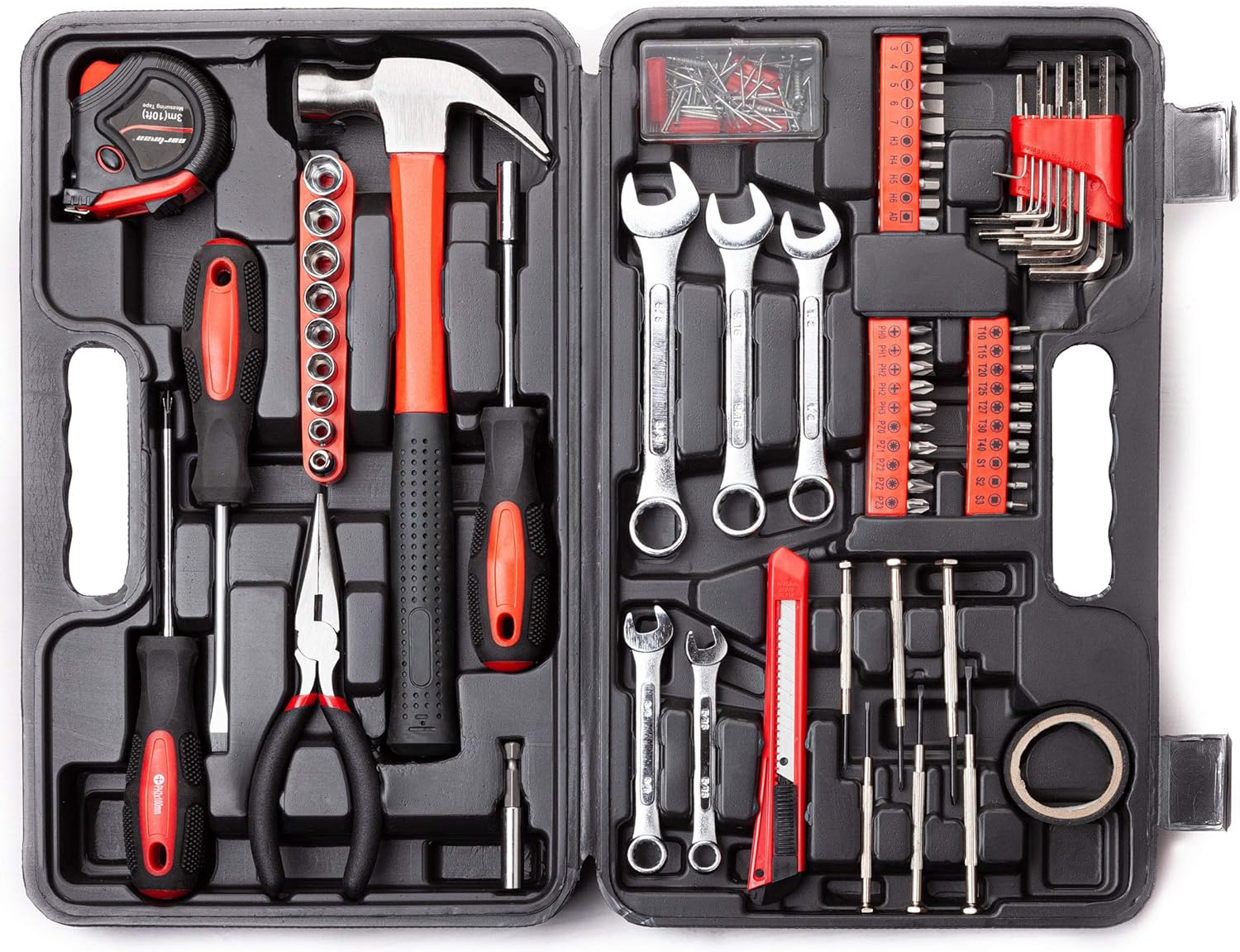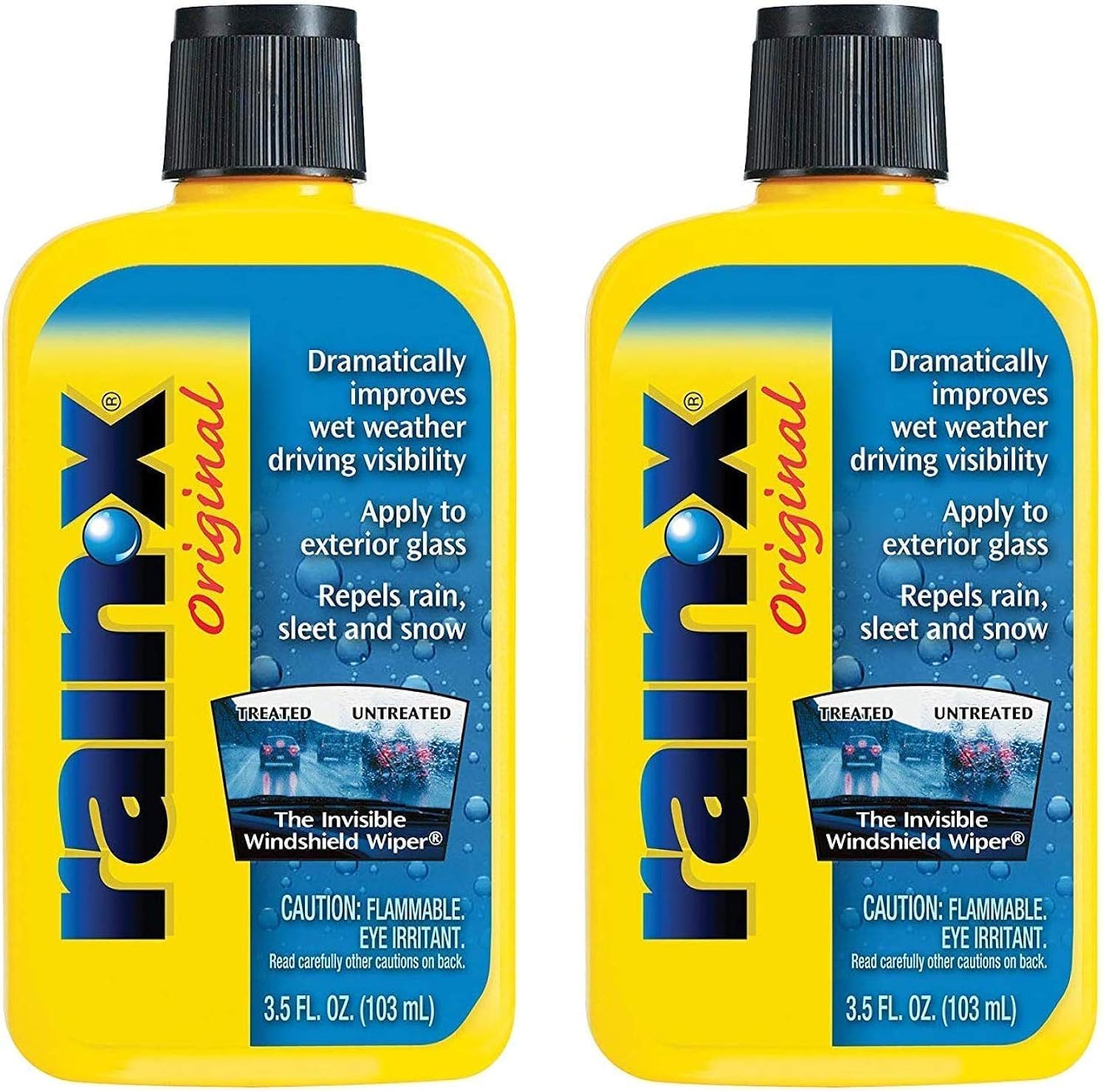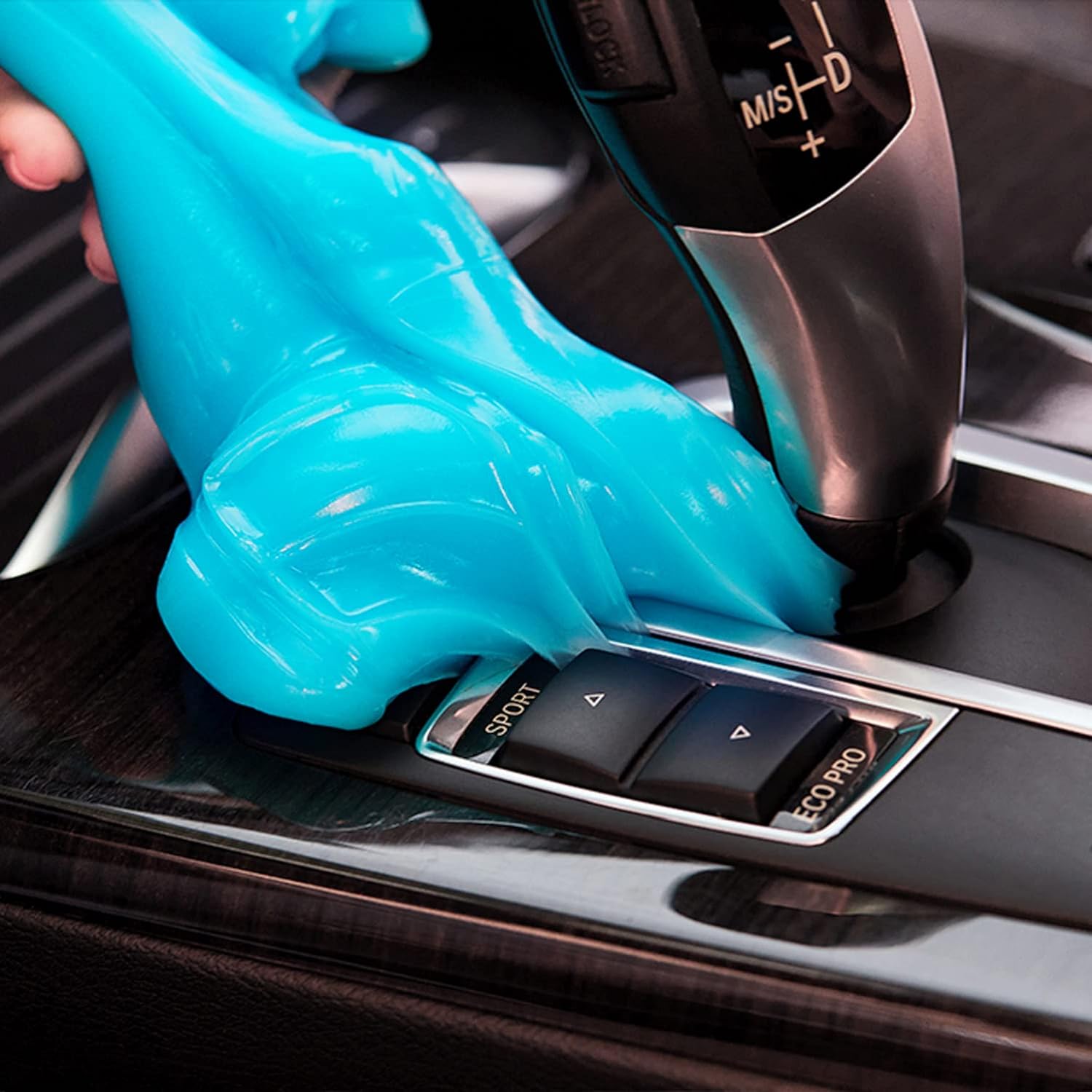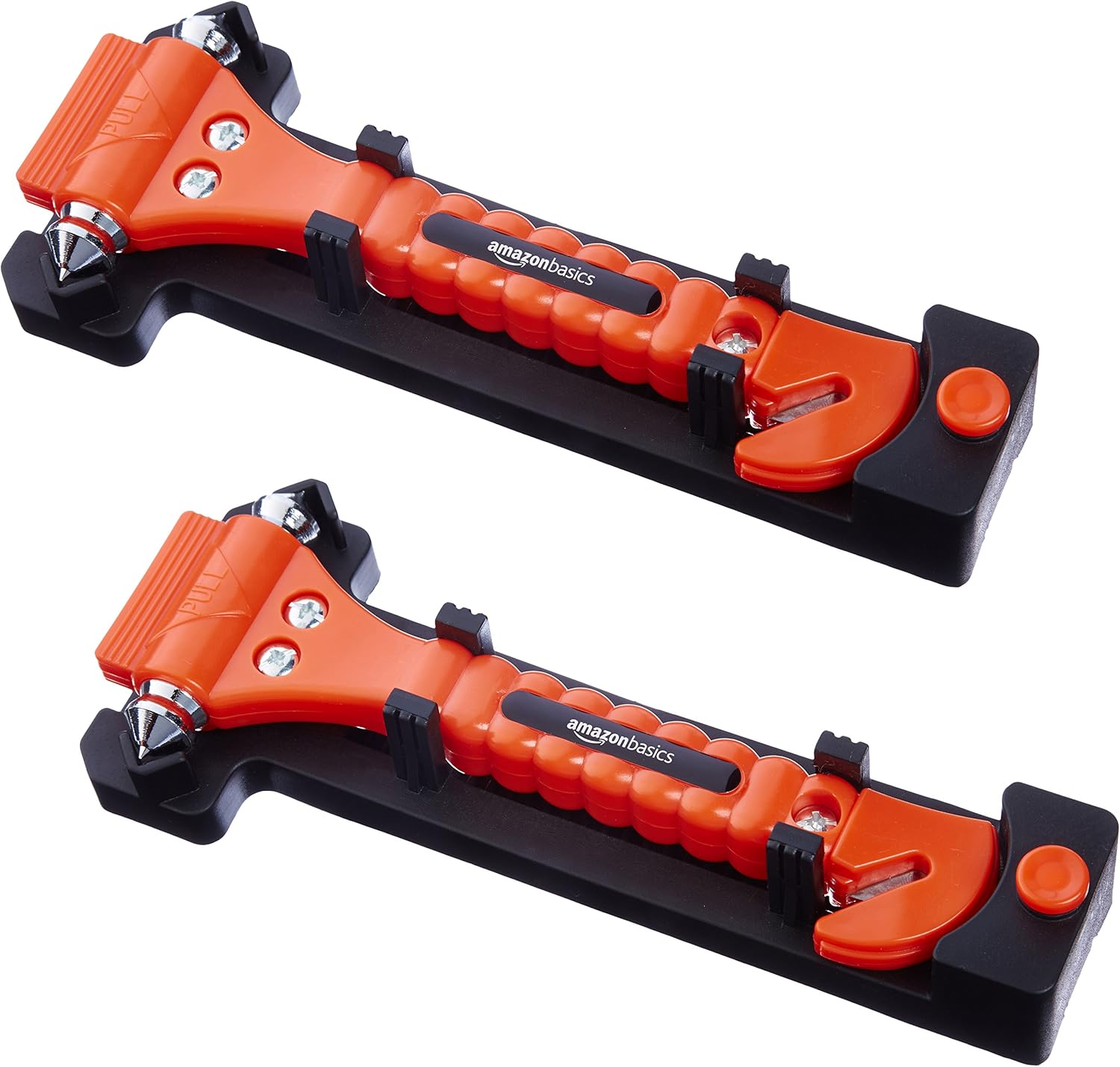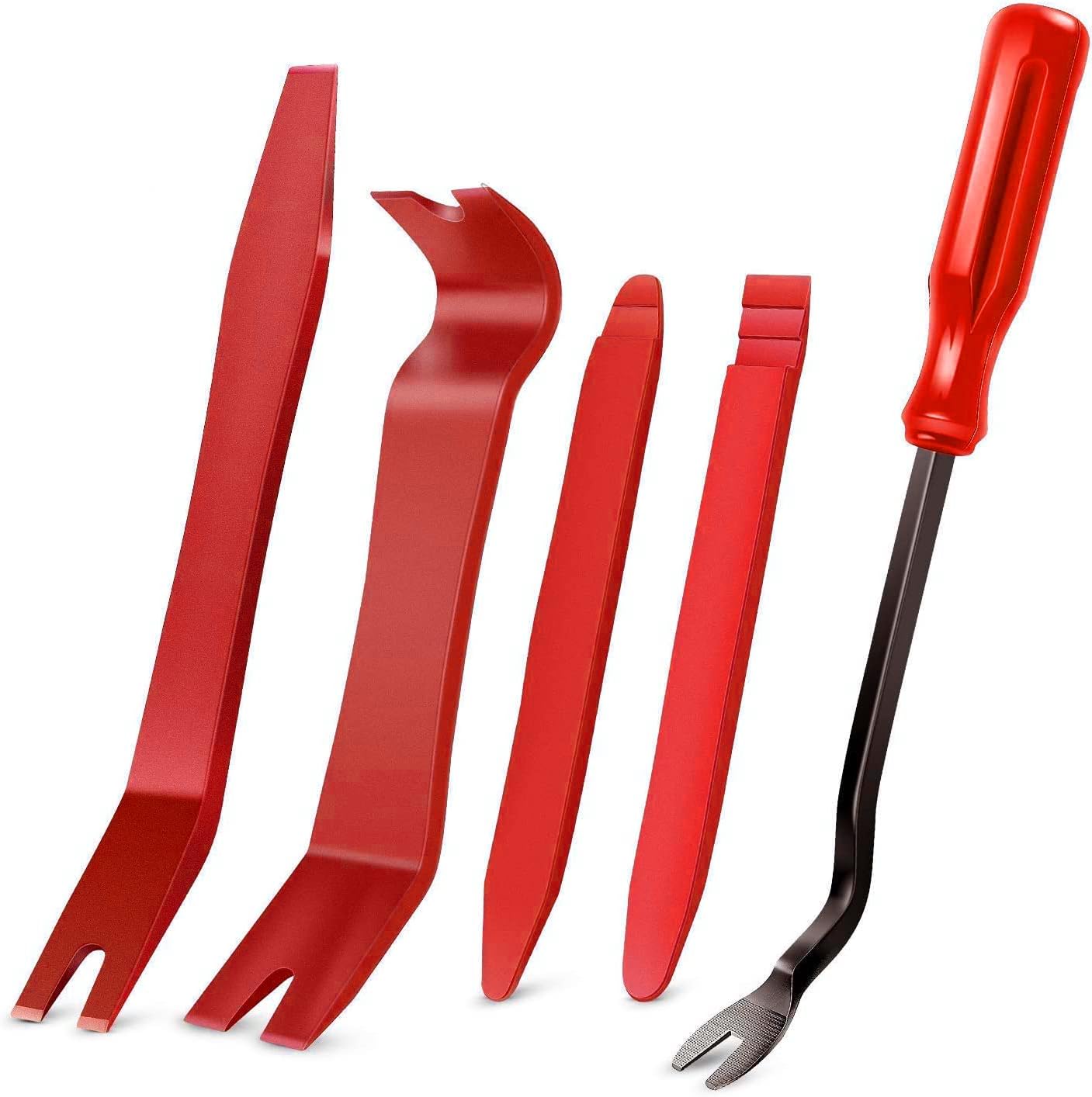Understanding Car Insurance Types
Car insurance is not one-size-fits-all; there are several types of coverage available, each serving a specific purpose. Here's a breakdown of the most common types, along with their advantages and disadvantages:
1. Liability Insurance:
-
Advantages: This is the most basic form of coverage and is mandatory in most states. It covers bodily injury and property damage to others if you're at fault in an accident. Liability insurance protects your financial assets by covering claims against you.
-
Disadvantages: It does not cover any damage to your own vehicle or medical expenses for injuries you sustain.
2. Collision Insurance:
-
Advantages: This coverage pays for damage to your vehicle resulting from a collision, regardless of who is at fault. It's especially beneficial for newer or more expensive vehicles where repair costs can be significant.
-
Disadvantages: Collision insurance can be costly, and if your car is older and less valuable, the cost may outweigh the potential benefits.
3. Comprehensive Insurance:
-
Advantages: Covers non-collision-related incidents, such as theft, vandalism, or natural disasters. It provides peace of mind if you live in an area prone to these risks or have a high-value vehicle.
-
Disadvantages: Like collision insurance, comprehensive coverage can be expensive, and the deductible can be high depending on your policy.
4. Personal Injury Protection (PIP):
-
Advantages: Also known as no-fault insurance, PIP covers medical expenses and lost wages for you and your passengers, regardless of fault. This can be a lifesaver in accidents, ensuring rapid medical care without waiting for fault determination.
-
Disadvantages: Not available in every state and can increase your premium significantly.
5. Uninsured/Underinsured Motorist Coverage:
-
Advantages: Protects you if you're involved in an accident with a driver who lacks sufficient insurance. This coverage ensures you're not left paying for someone else's mistake.
-
Disadvantages: Often seen as an unnecessary expense, but crucial in areas with high numbers of uninsured drivers.
Advantages of Car Insurance
Car insurance offers numerous benefits that extend beyond legal compliance:
-
Financial Protection: Insurance mitigates the financial impact of accidents, reducing the risk of out-of-pocket expenses for repairs and medical bills.
-
Peace of Mind: Knowing you're covered in various scenarios provides peace of mind, allowing you to drive confidently.
-
Legal Compliance: Having insurance ensures you comply with state laws, avoiding fines and legal issues.
-
Access to Additional Services: Many insurance policies offer roadside assistance, rental car reimbursement, and more, adding value to your coverage.
How to Purchase Car Insurance
-
Assess Your Needs: Consider your vehicle type, driving habits, and financial situation to determine the appropriate coverage levels.
-
Gather and Compare Quotes: Obtain quotes from multiple insurers to find the cheapest car insurance quotes. Look for discounts and offers that can lower your premium.
-
Evaluate Insurer Reputation: Research insurers' reputations for customer service, claims processing, and financial stability.
-
Read the Policy Carefully: Understand the terms, conditions, and exclusions of your policy to avoid surprises later.
Tips for Getting the Best Insurance Quote
-
Bundle Policies: Many insurers offer discounts for bundling car insurance with other policies, such as home or life insurance.
-
Maintain a Good Driving Record: A clean driving history can significantly reduce your premium.
-
Increase Deductibles: Opting for a higher deductible can lower your premium, but ensure you can afford the deductible if needed.
-
Take Advantage of Discounts: Look for discounts for safe driving, low mileage, or being a loyal customer.
Handling Car Issues Yourself
Even with the best insurance, issues can arise that you can handle yourself. Here are some common auto parts and tools you might need:
-
Windshield Wiper Blades: Essential for visibility, wiper blades are easy to replace and relatively inexpensive. Keeping them in good condition ensures safety in adverse weather conditions.
-
Air Filters: Regularly replacing air filters can improve engine performance and fuel efficiency. A clean air filter ensures that your engine breathes properly, ultimately extending its lifespan.
-
Spark Plugs: Ensuring your spark plugs are in good condition can enhance engine performance and prevent misfires. Checking and replacing them is a straightforward process that can be done with basic tools.
-
Brake Pads: Worn brake pads can affect stopping power and should be replaced promptly. This is crucial for safety and can often be done at home with a brake pad kit and a few tools.
-
Car Battery: A dead battery is a common issue; having a spare or jumper cables can save you from being stranded. Regular checks can prevent unexpected failures.
Choosing the Right Auto Parts
-
Compatibility: Ensure the parts are compatible with your vehicle's make and model. Using non-compatible parts can lead to performance issues.
-
Quality: Opt for parts from reputable brands to ensure reliability and longevity. Quality parts may cost more initially but save money in the long run by reducing the frequency of replacements.
-
Price: Compare prices across different retailers to find the best deal without compromising quality. Online reviews and recommendations can be helpful in determining the best products.
References
This article was written on November 27, 2024. All deals are accurate at the time of writing. Please check the retailer's website for the latest information.
